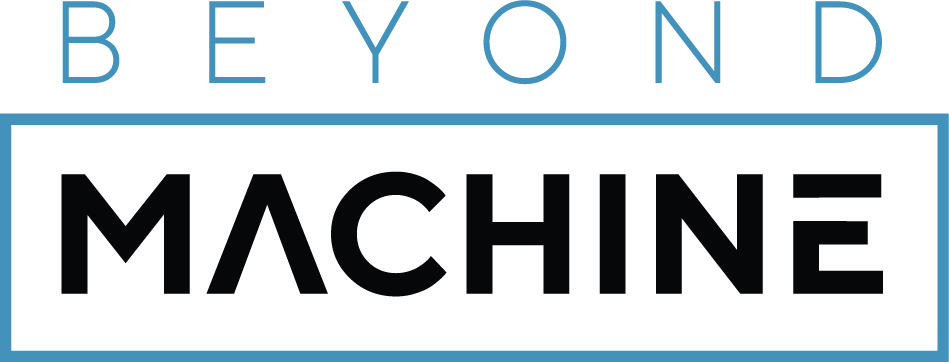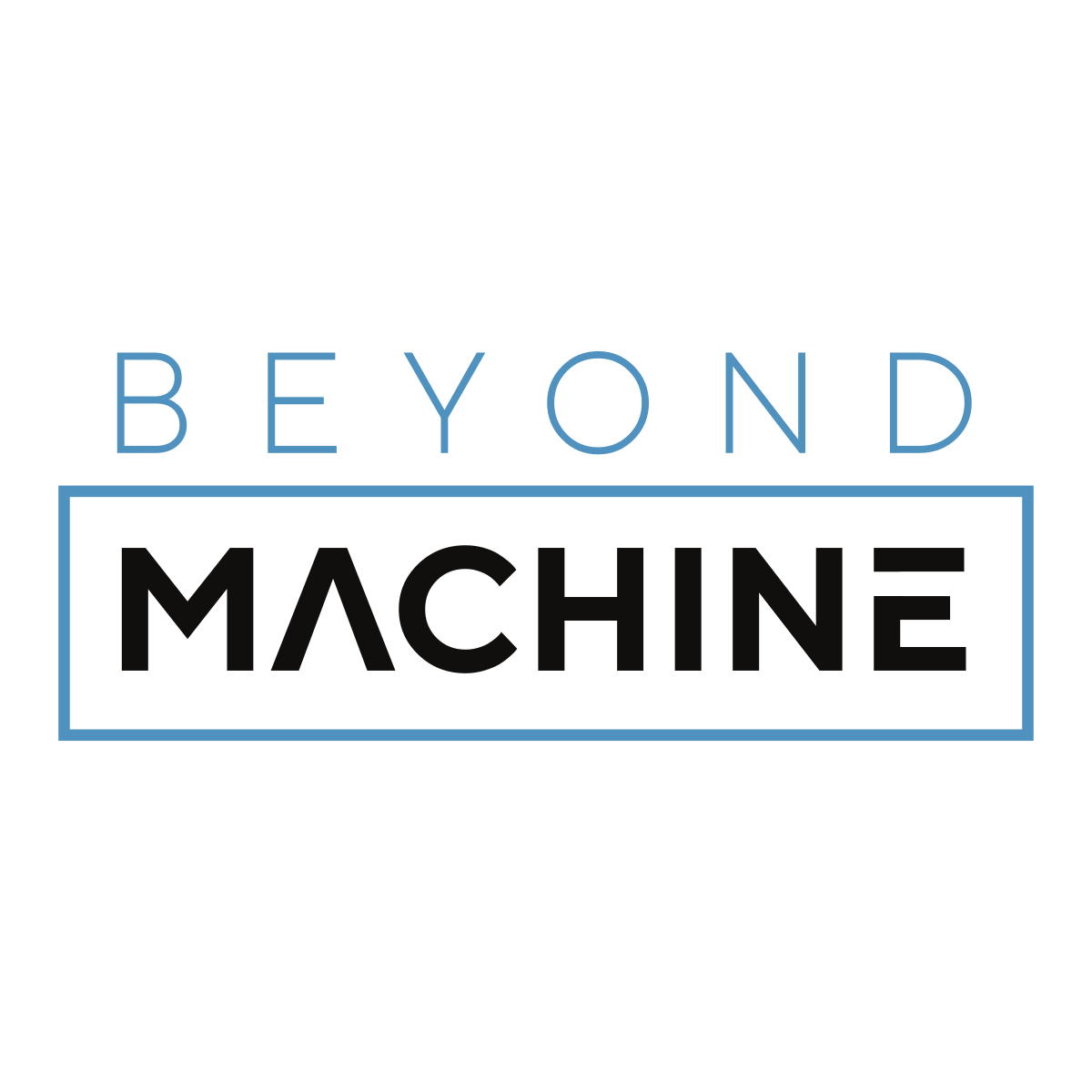Wanna become a data scientist within 3 months, and get a guaranteed job? Then you need to check this out !
The problem with data science courses
There are many resources, free and paid, for learning data science. However, most of them are not really complete, and they have the wrong focus. The modern data scientist needs to be able to combine various skills, which not many courses take into account.
First of all, a complete data scientist needs to know both machine learning and statistics. Also, familiarity with at least either R or Python (ideally both) is a must. Some solid coding skills, from software development to databases are required as well. Finally, a data scientist needs to also have business acumen and be able to communicate the results to the stakeholders.
Simply following a couple of tutorials in R, Python or deep learning wont’ turn you a data scientist overnight. Competing in Kaggle competitions can help you improve your skills, but it won’t give you much business understanding, or any practice in communicating results.
However, with the demand for data scientists steeply outgrowing the supply, there is an urgent need for new kinds of courses that can fast-track the training of new data scientists. I have spent more than a decade of my life learning every subfield of data science, from data mining, to classic AI, machine learning, statistics (both bayesian and frequentist), software development, recommender systems, neurocomputing and more. However, not every job requires a blend of all those skills. Not every project requires deep research into novel solutions. Most projects require the following:
- Decent coding skills.
- Good understanding of basic machine learning (and some statistics).
- The ability to communicate
Therefore, there should be a way for someone with the right technical background (e.g. a software developer or a mechanical engineer) to easily convert to a data scientist that has the right skills to work on a large number of projects.
The right kind of data science course

I have discussed in the past about the best way to teach data science. I have also lots of experience creating data science courses of all kinds: from sports analytics to courses for executive education. However, I felt that something had been missing from the market. That is, a course that can quickly train people with the right set of skills and quickly turn them into data scientists. These people can be software developers, or computer science graduates, or other specialists with some quantitative and computer skills.
This is why Beyond Machine was born. Beyond Machine is a data science course that turns you a data scientist in 12 weeks. The course is based on a holistic approach. It touches upon all the subjects that a complete data scientist needs to know, but specialises in the all the things a new data scientist is usually called upon to do. Beyond Machine combines practical exercises, lecturing, self-driven study and projects on real-world use cases that can be used to build your portfolio.
This combines the best of both worlds: breadth and depth. A large breadth of knowledge can make you aware of all the techniques, methods and fields out there. This will be useful when you have to in a team, or as you educate yourself further. However, in order to become competent you need to acquire some skills in depth. That’s why Beyond Machine is full of exercises and the projects are based on real-world use cases, accompanied by the teaching of the most popular libraries in data science (keras, scikit-learn, the tidyverse and many more).
Beyond Machine has a strong focus on the job market, helping you build a portfolio of projects which is worthy of inclusion in your CV. At the end of the program there will be a job fair where the prospective data scientists will have the opportunity to showcase their talent and maybe even go through job interviews.
One of the best parts behind Beyond Machine is that it is optimised for the working professional. The courses are taught in the evening, are flexible and there is lots of remote and online support.





